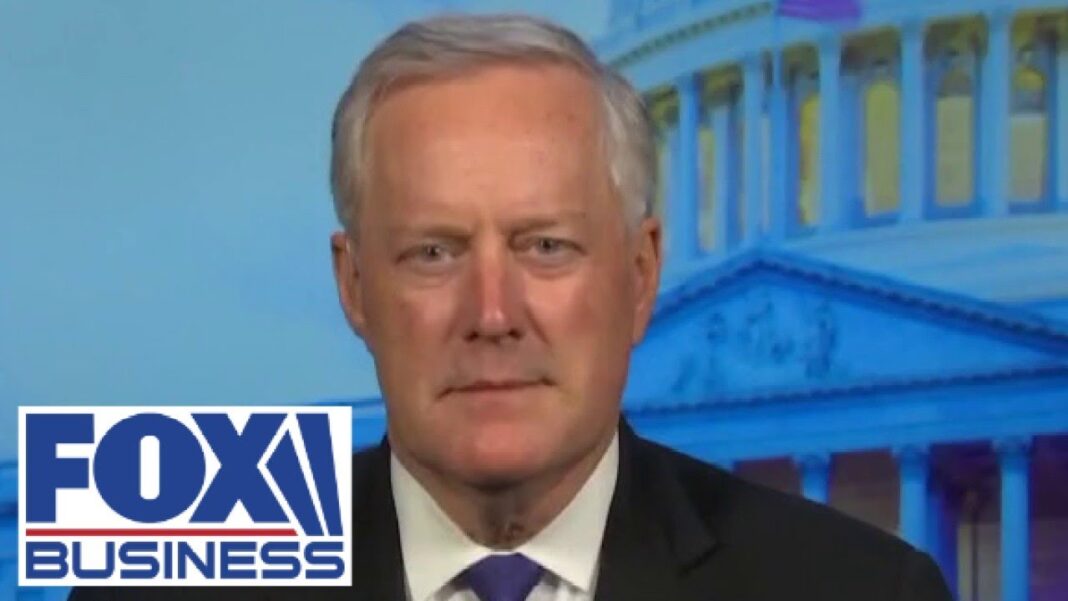There is not much of a chance that the movie Mr. Smith Goes to Washington will bring to mind one of the most famous filibusters in history, that is in Hollywood history! If you look even closer, you might recognize actor James Stewart starring as fictional Senator Jefferson Smith in a much-forgotten 1939 movie.
Director Frank Capra is famous for his classic Christmas movie, It’s a Wonderful Life. But how many Americans are familiar with Capra’s other classic, Mr. Smith Goes to Washington? This film is unlike any of today’s films because it is not afraid to show the corruptness of Washington, D.C. It is a movie all American citizens—and public officials—should watch and remember.
Mr. Smith focuses on Jefferson Smith (James Stewart), an average American chosen as U. S. Senator through honorary appointment. Once in Washington, Smith decides to write a bill featuring his dream project, a national boy’s camp. When he introduces the bill in the Senate, his idea conflicts with a crooked transaction between Senator Joseph Paine (Claude Rains) and political machine Jim Taylor (Edward Arnold). Smith’s tough-minded secretary (Jean Arthur) helps him stage a filibuster not only to save the boy’s camp, but to fight for his principles.
Some things in politics never change. In Washington, Smith finds politicians taking advantage of his inexperience and scoffing at his patriotism. After his first press interview results in his being misquoted and made fun of in the newspapers, Smith is furious. “Why don’t you tell the people the truth for a change?” Smith demands of the press. They sneer back, “We don’t have to be reelected like politicians.”
However, Smith shows his faith in the American system of government. “Freedom’s too precious a thing to be buried in history books,” he tells his secretary. “Men ought to hold it up in front of themselves every day and say, ‘I’m free!’” And when wrongfully accused of graft, Senator Smith, stating that “lost causes are the only causes worth fighting for,” stages a filibuster to prove that honesty can triumph even in a corrupt place like Washington.
Far from being just an entertaining movie, Mr. Smith teaches us several lessons:
First, there is a big difference between the politicians in this film and those in Congress today. While the corrupt politicians in the movie were working together for selfish motives, those of today are working together to destroy the foundations of America.
Second, it is our duty to vote in congressmen who will have the gumption to stand up for principle, even in matters of seemingly small importance.
Third, our congressmen need support from their constituents, whether they are winning or losing an issue. Support from ordinary citizens can play an important role in the halls of Congress.
Fourth, we must realize that the press controls the emotions of the public, as seen in this movie, and as we are seeing currently.
Fifth, we must never let go of our patriotism.
Imagine the changes we would see in our country if everyone took the time to watch and learn from Mr. Smith.
Rather than just another political drama, Mr. Smith Goes to Washington is a charming movie with a good dose of humor. Hopefully, after reading this article, you will want to watch the movie and see for yourself the powerful story of Senator Jefferson Smith—a man unafraid to call a corrupt politician a liar to face to face, or to give the Washington press a black eye.
Bibliography:
- Mr. Smith Goes to Washington. Dir. Frank Capra. With James Stewart, Jean Arthur, Claude Rains, and Edward Arnold. Columbia, 1939.






